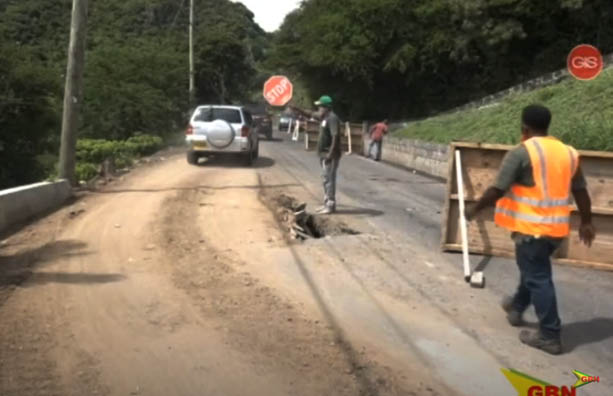The Caribbean Development Bank (CDB) is reportedly readying itself to take on what may well be the most demanding assignment in its history: improving public road transport in the region.
A recent Trinidad Guardian report cited the Barbados-based CDB as saying that its ambition of significantly improving roads across member countries of the region is aimed, simultaneously, at “increasing administrative capacity, implementing cashless payment systems and user information portals as well as enhancing accessibility for vulnerable populations,” as part of a comprehensive framework aimed at sustainably improving public road transportation in the region.
In keeping with its objective, The Guardian report says, the Bank convened a “virtual development of sustainable public transport systems workshop recently where challenges currently facing a number of public transport-related challenges including inadequate service, unreliability, poor organization, and limited accessibility for vulnerable populations.” The regional exchange also reportedly addressed “transport infrastructure… such as bus stops, terminals, maintenance facilities,” as highly susceptible to climate change impacts.
The virtual meeting, according The Guardian report, also noted that urban growth, rising incomes, and increased automobile dependence have led to urban sprawl, circumstances which, it said, underscored “the need for integrated transit and land use planning to reduce private vehicular traffic.” According to The Guardian Report, the Bank, back in 2021, had commissioned a study to assess and propose solutions for creating a sustainable public transport system using Grenada and St. Lucia as case studies.
The recent virtual workshop shared ideas on the envisaged assignment “based on placing the customer at the centre of the transportation system and include strict quality controls for bus services, a new contract scheme for focused service delivery, redesigning bus networks to include express routes and feeder lines, improved bus stops, and implementing comprehensive timetables.”
The Guardian report on the undertaking stated that additional recommendations arising out of the virtual meeting include “fleet optimization, transitioning to environmentally friendly buses, enhancing driver training and working conditions, extending service hours, optimizing network design for better coverage, enforcing regulations, reducing traffic congestion, and addressing the high costs of public transport vehicle procurement and maintenance.”
According to The Guardian report, the Acting Division Chief of the CDB’s Economic Infrastructure Division, William Ashby, noted that the current state of public transport in the Borrowing Member Countries (BMC) does not serve the mobility and accessibility needs of the population adequately. Ashby reportedly added that the provision of a sustainable public transport system that is efficient, safe, reliable, affordable, environmentally friendly, comfortable and accessible to vulnerable persons, has been challenging for governments in the BMCs.




